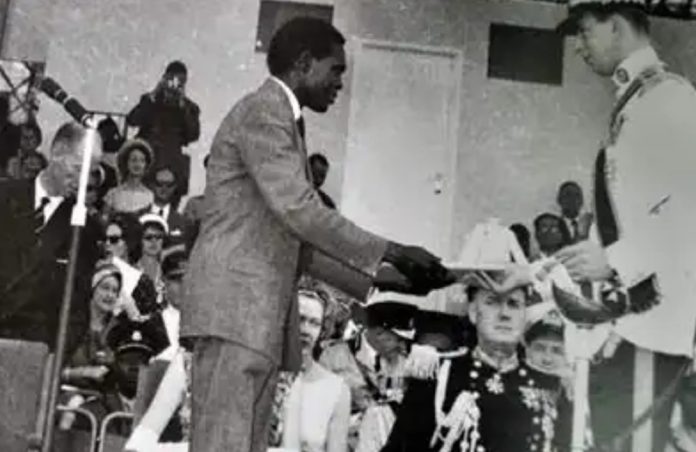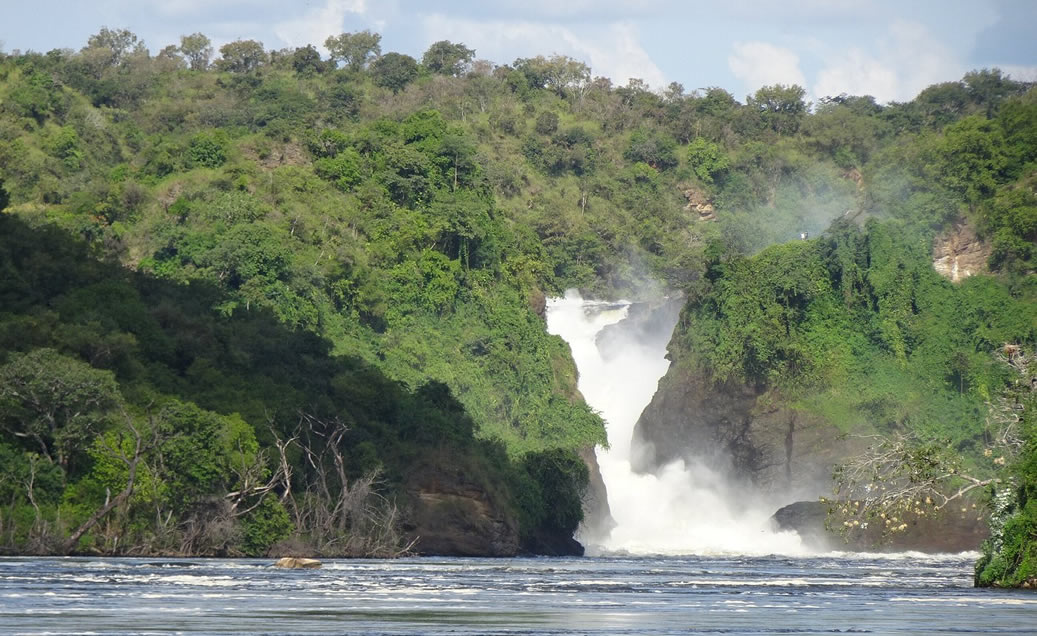It has been a 57year-old affair. It started with ‘discoveries’ by explorers and soothed into a full-blown colonial system. After nearly a century, Great Britain would give Uganda rights to make its own political decisions and basically govern itself. And yes, Independence Day in Uganda has been a state holiday celebrated on October 9 every year since 1962.
So today as Uganda commemorates this 57th Independence anniversary in the Eastern Uganda district of Sironko, the theme is freedom. To be specific: Consolidating National Unity, Security, Freedom, and Prosperity, is the theme. Government mouthpiece, Ofwono Opondo agrees that the past two years haven’t been a walk in the park.
“… the past two years there has been creeping criminality involving robbery with violence, kidnaps, and murders which has caused fear, anxiety, and apprehension that perhaps Uganda’s security system had collapsed,” he says. “Cases of alleged and sometimes, established incidences of illegal, unlawful arrests and detention, and torture by elements in the security agencies haven’t lessened those apprehensions that Uganda is sliding back to the dark days.”
He quickly adds that most of these cases have occurred in the metropolitan areas comprising Kampala, Wakiso, and Mukono. “As we celebrate the 57th year of independence we should know that Uganda is very secure, stable, and consolidating progress in spite of those isolated unfortunate incidences,” he says. “Also, that Uganda has never been more secure and promising than today.”
Opondo maintains that despite the euphoria that reigned in the first years, in 1964, politics became turbulent as fair-weather allies UPC and Kabaka Yekka, turned against each other, and by 1966, full-scaled war exploded with the expulsion of Sir Edward Muteesa, as the first president. The subsequent destruction and abolition of cultural institutions throughout Uganda have had grave and painful consequences.
“That turbulence continued throughout much of the first three decades until 2006 when the NRM extinguished raging fire with the defeat of the LRA in northern Uganda and disarming Karimong warriors and livestock rustlers,” he adds. “That turbulent history was also characterized by episodes of coups, dictatorships, external military invasion, contested electoral outcomes, civil wars, a collapsed economy, and a failed state. Uganda suffered intermittent conflicts mainly because of intransigence by parochial and weak leaders who sought to build their political bases on tribal, ethnic, and religious sectarianism taking false advantage of these diversities.”
He goes to tell of the 1966 occurrence that saw Prime Minister, Apollo Milton Obote, overthrew Mutesa, declared himself president, and Uganda a republic, a presidency that would birth Idi Amin. “Successive military coups and violent regimes followed including Idi Amin’s eight years, the reign of terror, blood, murders, complete economic ruin, and a failed state from 1971-1979,” he narrates.
The Tourism Angle
Though ours has obviously been a turbulent story, Lilly Ajarova, the Chief Executive Officer of Uganda Tourism Board believes that Uganda can salvage some ‘good ‘out of this. Speaking to the Independent, she said that this could be turned into dark tourism, a thing that is getting especially popular around the world. Dark tourism offers complex and personal stories of those affected.
“These also act as deterrents so that such events never occur again. Uganda’s history especially during the 1970s gives us a unique understanding of the character that many people – both citizens and foreigners would want to learn from,” she explains. “One of the most touted forms of dark tourism in Uganda has been a museum about former dictator Idi Amin.” A dark past, times like the Kony-led rebellion in the north, the overthrowing of governments and massacres can be turned into stories, and museums built to the effect.










